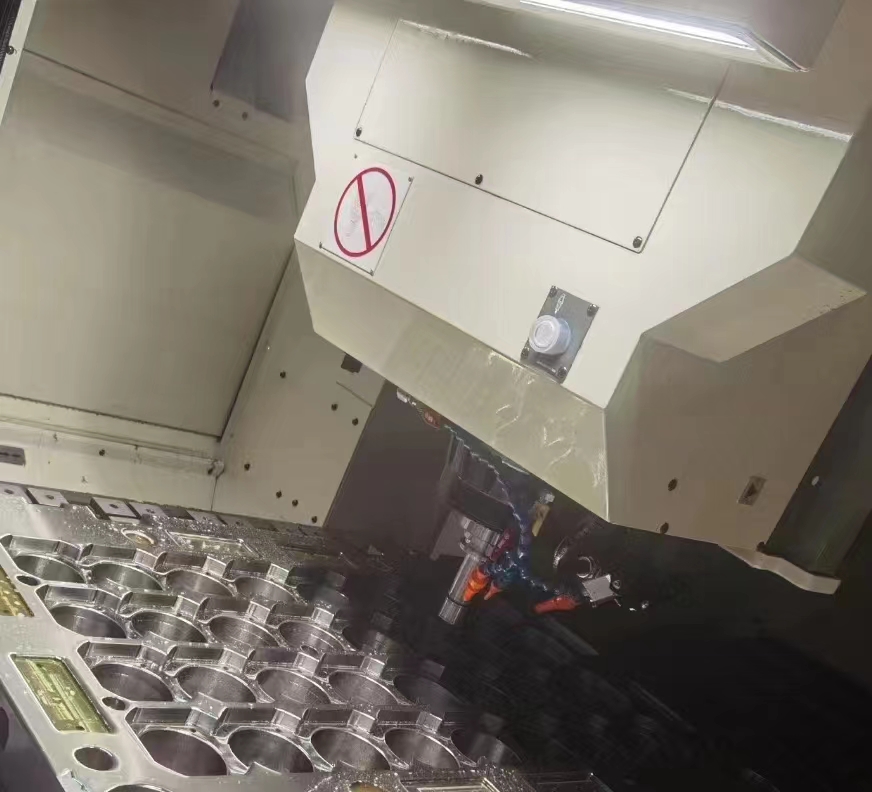The Evolution of Mold Base Technology
In the highly competitive Korean manufacturing landscape, continual innovation is essential for staying ahead. Recent years have seen a surge in advancements in mold base technology. Mold bases play a critical role in the efficiency and effectiveness of manufacturing processes, especially in plastic injection molding and die-casting applications.
Historical Context
Mold bases have evolved from traditional steel plates to sophisticated, engineered systems that incorporate advanced materials and technologies. This progression has made it possible for manufacturers to increase production speed and reduce costs significantly.
Current Trends in Mold Base Innovation
The Korean manufacturing industry is currently experiencing several key trends in mold base innovation.
Use of Advanced Materials
One of the leading trends involves the use of lightweight, high-strength materials such as aluminum, carbon fiber, and advanced steel alloys. These materials not only reduce overall mold weight but also enhance durability and performance. As a result, manufacturers can produce more efficient molds that withstand high temperatures and pressures during production.
Modular Mold Base Systems
Another significant trend is the shift towards modular mold base systems. These systems allow manufacturers to interchange components easily, leading to faster set-up times and increased flexibility. In a market where demand can shift rapidly, the ability to adapt mold configurations is invaluable.
The Impact of Automation on Mold Bases
Automation is reshaping the manufacturing landscape globally, and Korea is no exception. The incorporation of automation technologies into mold base production has led to increased precision and efficiency.
Smart Mold Bases
Smart technologies enable mold bases to be embedded with sensors that monitor conditions such as temperature, pressure, and humidity. This data can be used to optimize production processes and predict maintenance needs, thereby minimizing downtime and enhancing productivity.
Robotics and CNC Machining
Robotic systems and Computer Numerical Control (CNC) machining have revolutionized the way mold bases are manufactured. These technologies allow for unprecedented precision and repetition accuracy, which are critical in high-volume production environments. Moreover, they help reduce labor costs and improve safety in manufacturing settings.
Cost Efficiency and Sustainability in Mold Base Production
In an era where sustainability is paramount, mold base innovations are also focused on cost efficiency and environmental impact.
Reduction of Waste Through Additive Manufacturing
Additive manufacturing, or 3D printing, is changing the game for mold base production. By allowing manufacturers to create molds with intricate designs without extensive waste, additive manufacturing improves sustainability. This method also enables quicker prototyping and reduces lead times, essential for responding to market demands.
Energy-Efficient Manufacturing Processes
New technologies emphasize energy efficiency in the production of mold bases. The industry's shift towards renewable energy sources and energy-efficient machinery not only lowers operational costs but also reduces the carbon footprint of manufacturing activities.
Importance of Collaboration and Knowledge Sharing
The rapid pace of innovation in mold base technology underscores the importance of collaboration and knowledge sharing among manufacturers, suppliers, and research institutions.
Industry Alliances and Partnerships
Participating in industry alliances can foster collaboration that drives innovation. For example, partnering with technology providers can lead to the development of cutting-edge solutions tailored to specific manufacturing needs.
Continuous Training and Development
As new technologies emerge, continuous training and development for the workforce become critical. Manufacturers in Korea need to invest in education and skill development to ensure they can effectively utilize new technologies and maintain a competitive edge.
Conclusion
As Korea's manufacturing industry continues to evolve, the importance of innovations in mold base technology cannot be overstated. By embracing the latest advancements, such as smart technologies, modular systems, and sustainable practices, manufacturers can enhance productivity, reduce costs, and achieve greater competitiveness. The future of Korea's manufacturing industry will undoubtedly hinge on how well it adopts and integrates these innovations into their processes.

